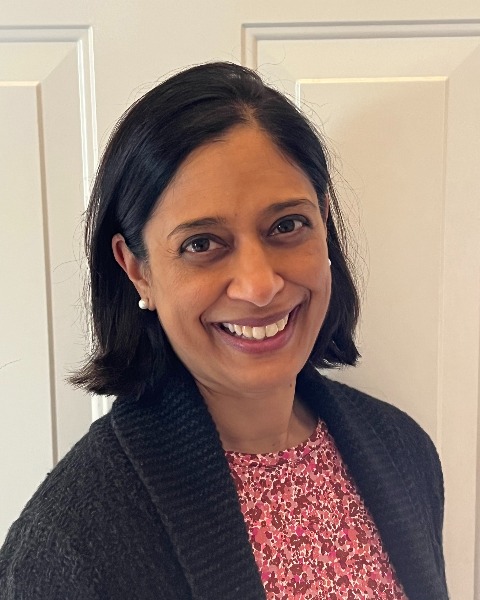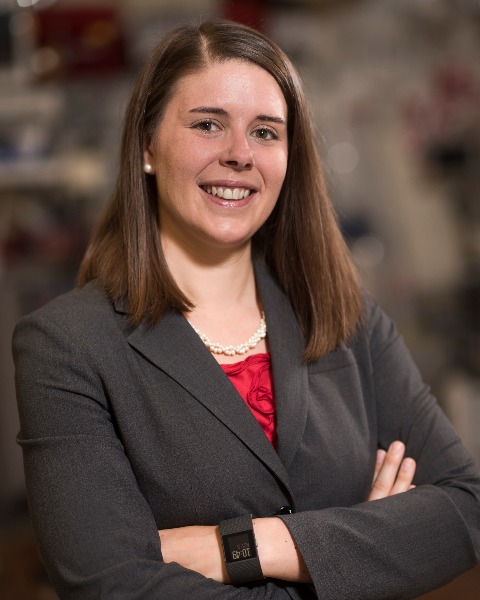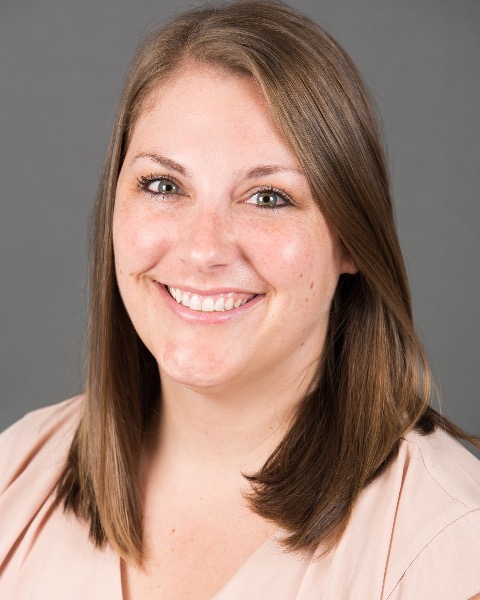Advocacy
Community Pediatrics
General Pediatrics
Health Equity/Social Determinants of Health
Hospital Medicine
Medical Education
Diversity, Equity, and Inclusion
Becoming a Changemaker: How to Incorporate Advocacy into Your Already Packed Schedule
-
MM
Maya Maxym, MD, PhD (she/her/hers)
Assistant Professor, Pediatrics
University of Hawaii, John A. Burns School of Medicine
Honolulu, Hawaii, United States -

Mala Mathur, MD, MPH (she/her/hers)
Associate Professor of Pediatrics
University of Wisconsin School of Medicine and Public Health
Verona, Wisconsin, United States -
.jpg)
Shetal Shah, MD
Professor of Pediatrics
New York Medical College
Syosset, New York, United States -

Lenore Jarvis, MD, MEd
Assistant Professor of Pediatrics
Children's National Health System
Washington, District of Columbia, United States -

Amanda Stewart, MD, MPH (she/her/hers)
Lead Physicians for Clinician Advocacy
Boston Children's Hospital
Boston, Massachusetts, United States
Leader(s)
Co-Leader(s)
Workshop
Description: We pediatricians have immense potential to harness our expertise to effect meaningful policy change to combat injustices, such as food insecurity or inequitable access to care, that affect our patients, learners, and communities. Additionally, incorporating advocacy into our daily clinical and teaching activities can help us remain hopeful and reduce burnout.
In this “how-to” workshop, presenters will share lessons learned from successful advocacy experiences, condensing advocacy into manageable “chunks” that fit into a busy academic schedule and can be realistically implemented by participants practicing in a variety of settings. The workshop will begin with faculty sharing concrete and specific examples of successful advocacy. Then attendees will rotate through 2 of 3 offered practical skills stations. At the end of the workshop, we will reconvene as a large group to share take-home points from the skills stations and additional practical resources for further action.
At Station 1, participants will learn to 1) identify a single policy issue to address; 2) plan for a meeting with stakeholders, e.g. institutional or governmental officials; and 3) prepare a “one-pager” to leave with policymakers' staff after a meeting.
Station 2 will focus on advocacy communication, including the basic tenets of effective op-ed writing, how to disseminate advocacy work and ideas in academic journals, and how to leverage media communication for advocacy.
Station 3 will use case-based vignettes to guide participants to apply an “advocacy lens” to maximize opportunities to incorporate advocacy “pearls” into daily interactions, including both didactic and bedside teaching, with learners and peers.
Learning Objectives:
- Select a policy issue for focused advocacy, recognize stakeholders who need to be engaged in the advocacy work, and outline a specific and effective plan to advocate for a policy issue with a government or institutional official (e.g. Hospital Government Relations Officer, Congressional Representative).
- 2) Choose and implement the appropriate modality (or modalities) for communicating about an advocacy topic. Participants will feel empowered to engage confidently with the media, as well as prepare a clear and informative op-ed or academic article that proposes solutions to their lived experience of facing barriers to optimal patient care.
- Identify opportunities and execute a simple plan to incorporate advocacy “pearls” into bedside and didactic teaching regularly.
